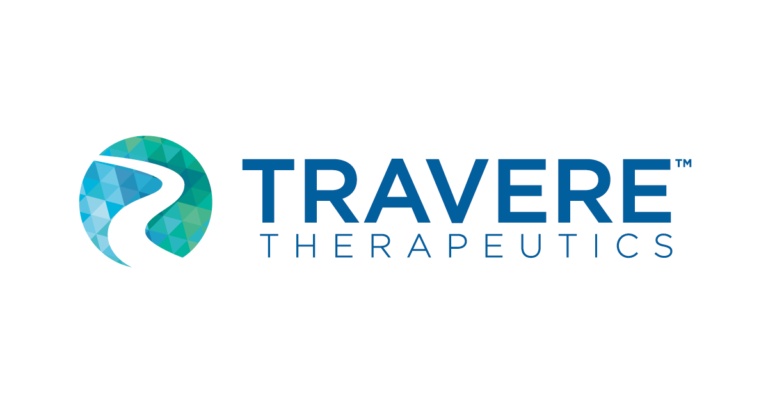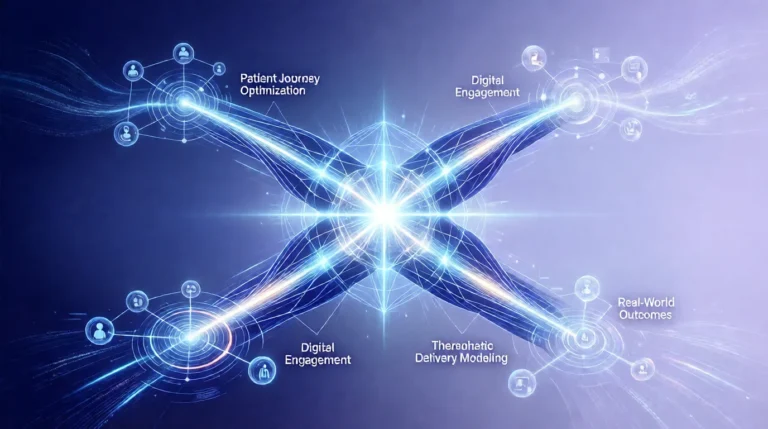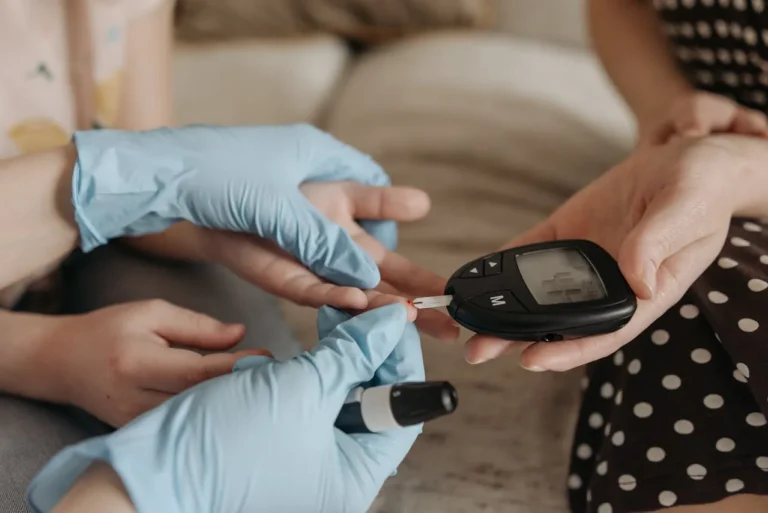
Noetik, an AI-driven biotech company focused on developing next-generation cancer therapies using self-supervised machine learning and high-throughput spatial data, has announced the release of a technical report on OCTO-VirtualCell (OCTO-vc). This AI model is designed to predict the behavior of cells and cellular systems in both healthy and diseased states. The model can be explored through Celleporter, an interactive tool that allows users to visualize virtual cell simulations across various spatial locations in both real and virtual patient tissues.
Noetik, an AI-driven biotech company specializing in cancer therapeutics, has unveiled OCTO-VirtualCell (OCTO-vc), a cutting-edge AI model designed to predict spatial gene expression patterns in response to biological changes. These patterns are crucial for understanding how tissue architecture or patient-specific factors influence cellular behavior in both health and disease.
Trained using nearly 40 million cells’ worth of proprietary spatial transcriptomics data, which includes over 1,000 patient tumor samples, OCTO-vc is one of the largest and most comprehensive spatial transcriptomics datasets available. This large-scale data is integral to OCTO-vc’s ability to simulate and predict cellular behavior in different biological contexts, making it a powerful tool for advancing cancer research and therapeutics.
“OCTO-vc is a transformative tool for understanding the hidden biology driving disease progression,” said Dr. Ron Alfa, CEO & Co-Founder of Noetik. “Its generative capabilities allow us to simulate how virtual cells behave in different tissue environments, unlocking insights into disease mechanisms that were previously inaccessible. By scaling these simulations to patient cohorts, we can conduct virtual experiments that advance our understanding of both patient biology and potential therapeutic targets.”
The model allows researchers to simulate virtual cells in diverse regions of real tissue samples. For example, a virtual T cell can be introduced into various tumor areas to predict whether it can be activated and effectively kill cancer cells. This approach offers a novel way of investigating how cellular interactions and environments influence disease progression and therapeutic response.
“We view this technology as a new kind of microscope, a way to see and understand biological systems at an unprecedented level of detail,” said Dr. Jacob Rinaldi, CSO & Co-Founder of Noetik. “We believe these methods could lead to a new era of self-supervised science, enabling us to redefine the understanding of diseases at a systems level.”
To complement OCTO-vc, Noetik developed Celleporter, an interactive visualization tool that allows researchers to explore virtual cell simulations across spatial locations in patient tissue samples. This tool helps uncover latent biological information, revealing previously hidden aspects of spatial biology.
Although Noetik’s primary focus is oncology, the potential applications of OCTO-vc extend beyond cancer research. The model’s capacity to simulate cellular behavior in a variety of biological contexts makes it a powerful platform for foundational biological research and drug discovery across multiple therapeutic areas.
“Biology challenges us to push the boundaries of machine learning because the processes we are studying are so complex,” said Dr. Daniel Bear, Director of AI at Noetik. “Our methods, powered by the latest advances in AI, could ignite scientific progress and lead to transformative improvements in human health.”




